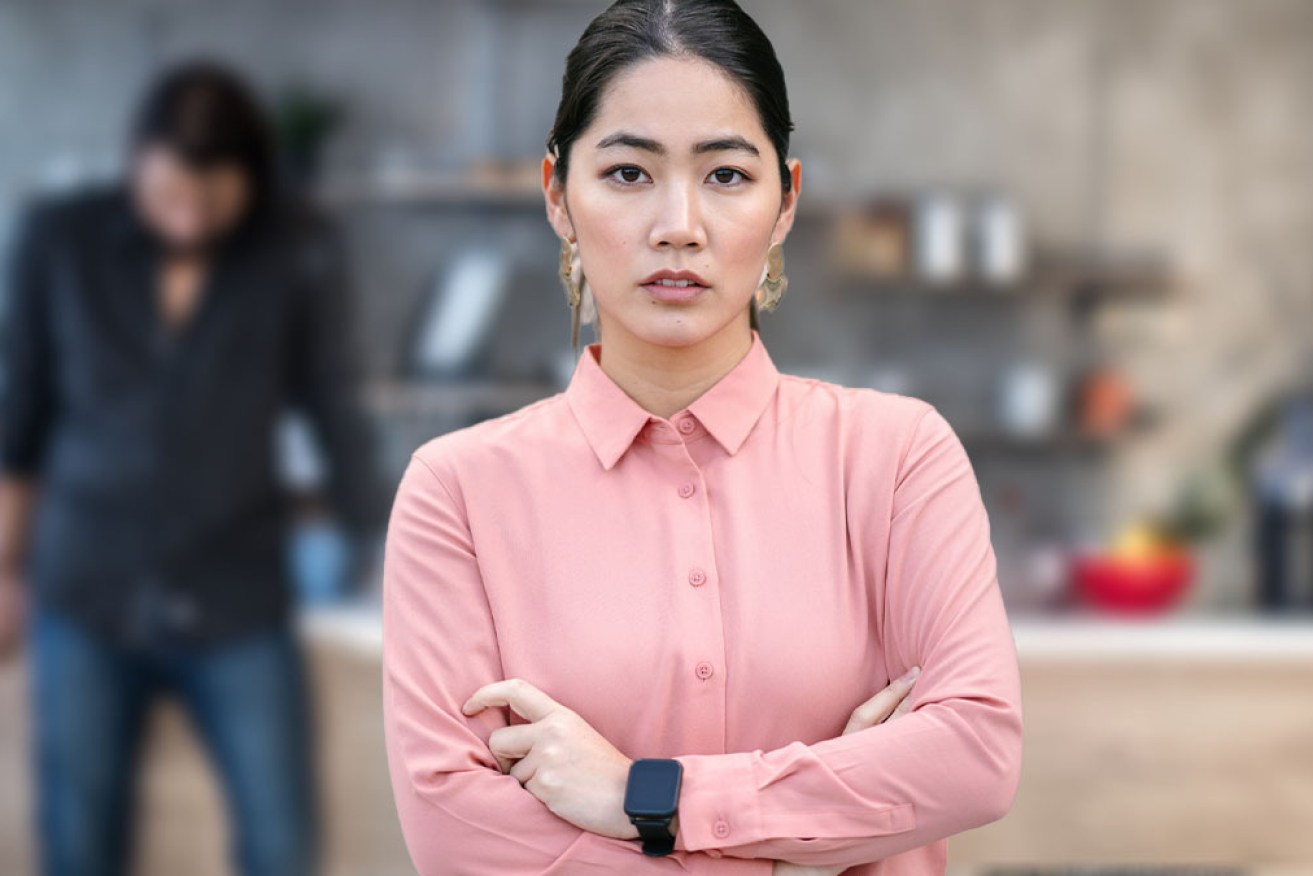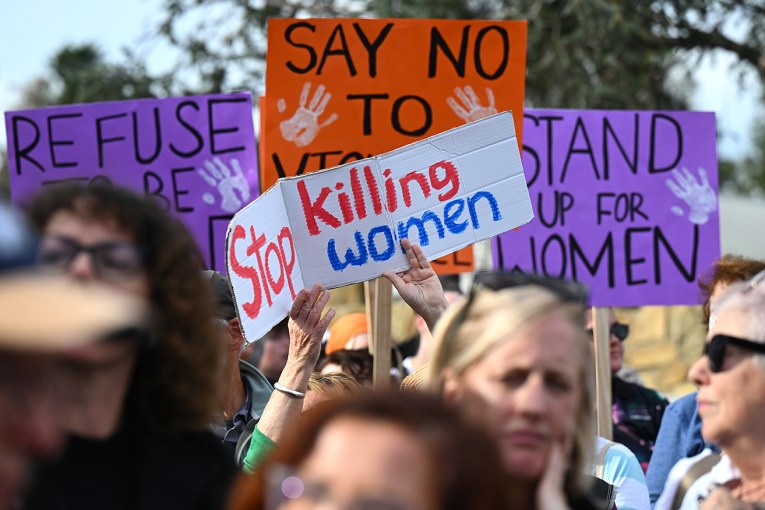How smartwatches are saving the lives of women and children


Smartwatches programmed with StandbyU technology are helping women escape domestic violence. Photo: TND/Getty
Across the country, thousands of Australians are part of a secret plan organised by a woman they love.
When she clicks a button on her watch, an emergency phone call appears on all of their phones.
First, they answer and listen in. Then they discuss their next move.
Sometimes, one of the group members will rock up at her house “just to pop in and say hello”.
Other times, they call police.
Without her special safety watch, the woman they love could be seriously injured – or worse.
She could be the next Australian woman killed by a man she knows.
That’s the worst-case scenario these safety watches, called StandbyU Shields, aims to prevent.
“If we understand that isolation is a key factor in domestic violence, then surely connection is the single most important factor for a happy and human life,” said Chris Boyle, founder and CEO of anti-domestic violence charity StandbyU.
“We need to stop relying on the government and police … and find people who care enough to drop anything at any time to keep this family safe.”
StandbyU Shields are regular smartwatches that have been programmed by StandbyU to discreetly alert close contacts to a domestic violence incident.
When the wearer presses a button, her chosen contacts receive an email with her location and an invitation to join a conference call where they can hear a real-time recording of what is happening.
That recording can be saved and used as evidence in court.
The technology comes as Australia marks White Ribbon Day on Friday to raise awareness of men’s violence against women, and to commit to action aimed at preventing it.
On average, one woman a week is murdered by a current or former partner in Australia – a devastating reality that StandbyU is fighting hard to prevent.
In 2019, the charity received a federal government grant to trial 100 watches with women who were experiencing domestic violence over a period of 12 months.
“There is never a second in their day [these women] are not worried,” Mr Boyle said.
“They are always looking over their shoulder, looking at who’s following them. When they hear a dog bark at 2 in the morning, a gate squeak around the side of the house, that worry moves to scared. Their heart is racing. They think, are they eligible for a police callout?
“When they see a silhouette at the window, they’re terrified.”
Of 3000 alerts sent by the women, only one of those required police assistance, while the rest chose to rely on their support networks.
Most of the women surveyed (93 per cent) agreed having the watch increased their safety and sense of wellbeing.
“One woman told us her eight-year-old learned to ride the bike for the first time after she got the smartwatch,” Mr Boyle said.
“She was so fearful he was hiding in the bushes and she wouldn’t know what to do.”
Since the trial, none of the women have asked for extra referrals for support, with case workers reporting the women had less reliance on domestic violence support services because they again felt independent.
“Simply surviving should not be the standard we set for these women and children,” Mr Boyle said.
“We must look for curtains being open, sunlight coming in, kids going to school and enjoying the parks.”
- If you or someone you know is experiencing domestic abuse, contact 1800 RESPECT on 1800 737 732. Find out more about White Ribbon here.








